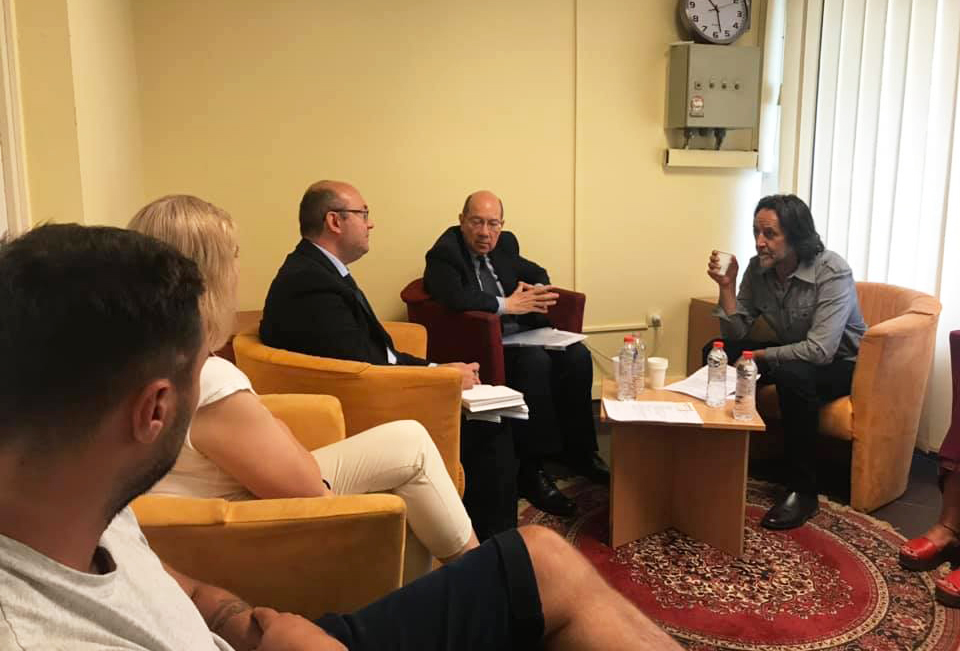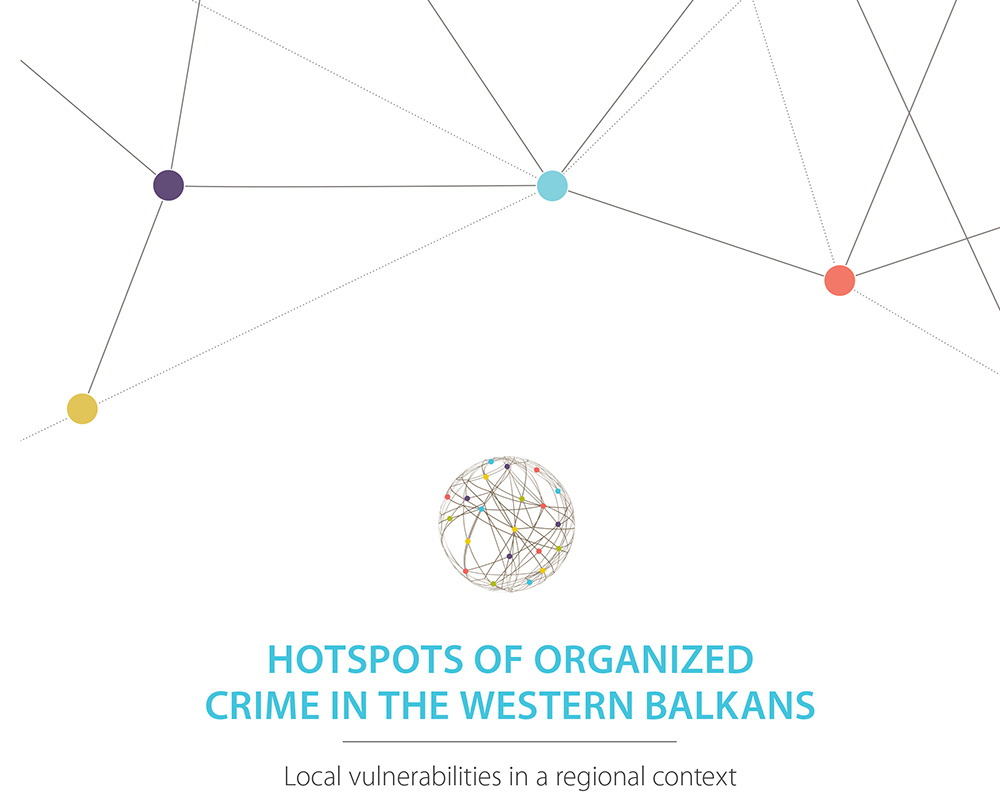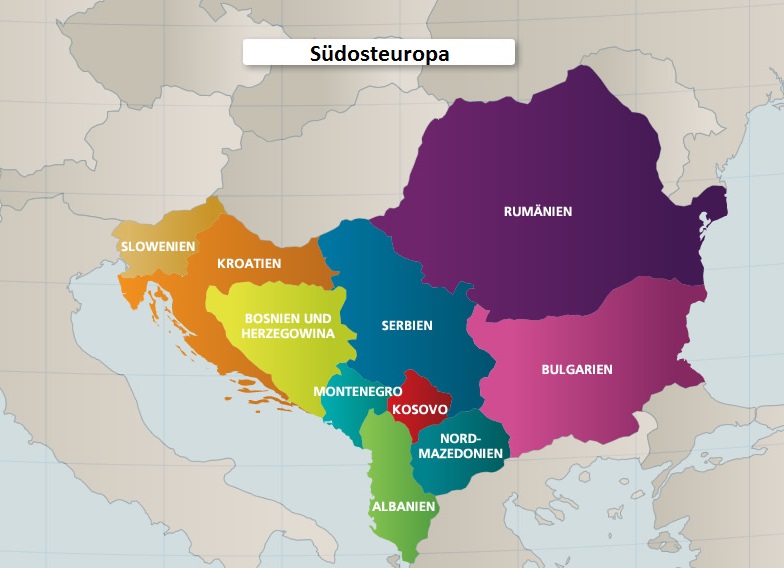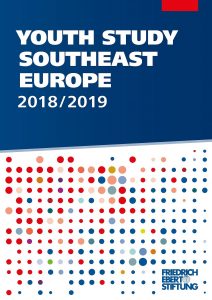Representatives of the Drug policy network South East Europe visited Kosovo from 29 to 30 August 2016. The delegation included Thanasis Apostolou, Chairman of the Board, Milutin Milošević, Executive Director and Julijana Daskalov, Financial officer.
Purpose of the visit was to inform a broader public about developments in drug policy in the European Union and worldwide. The overall objective of these public meetings is to involve civil society in the decision making process about drug policy. Besides, that aim was to present DPNSEE to the Kosovo society and build strong relationships with the authorities and exploring possibilities with the authorities, institutions and services.

Sharing with the colleagues from Labyrinth
The delegation was warmly welcomed by the organisation Labyrinth, which since 2002 has two sectors: prevention sector which deals with the prevention of drug abuse and infectious diseases associated to injecting drugs, such as HIV, Hepatitis B and Hepatitis C; and treatment sector which provides psycho-medical treatment for people addicted to drugs. There are three multidisciplinary centres functioning under the umbrella of NGO Labyrinth: Labyrinth Centre in Prishtina and its branches in Gjilan and Prizren. Visit to the centre in Prishtina and meeting drug users and committed volunteers working with them was an informative but also emotional experience. Labyrinth expressed their will to join the Drug Policy Network South East Europe.The key point of the visit was the meeting in the Ministry of Internal Affairs, which is the coordinative body for all the actions in the scope of drug policy. The Deputy Minister Mr Nehat Mustafa and his competent team gathered representatives of health institutions and CSOs with whom the delegation had a very open and inspirational exchange. The approach they took includes close cooperation of authorities, experts and civil society.
Meeting with the Foundation Together, a local non-governmental organization based in Prishtina which professionally addresses psycho social issues experienced by adolescents to protect and improve their well-being showed the potential for cooperation, especially on research activities and opinion polls on how social change and transition affect the general population and young people.
The delegation also met two organisations working in the enclaves with Serbian population on Kosovo. The Centre for peace and tolerance, based in Gračanica and Prishtina, is large civil society organisations working on community issues. They offered to support communication through the network of local organisations they support and join cooperative projects. Organisation “Mission of people Zvečan” since 2001 actively participates in development of civil society, promotion of civil and cultural values through work with youth, which is a good potential for future cooperation on the issues tackling young people.
The visit opened new potential for including Kosovar organisations and society in regional cooperation.
 Kosovo* finally joined the Support. Don’t Punish campaign in 2019. Activities were organised on the Global Day of Action in Pristina by Qendra për Informim dhe Përmirësim Social – QIPS (The Centre for Information and Social Improvement), a Kosovo-based NGO, working to improve the wellbeing of people in need and raising awareness for problems hidden by stigma. DPNSEE member organisation Labyrinth joined the campaign.
Kosovo* finally joined the Support. Don’t Punish campaign in 2019. Activities were organised on the Global Day of Action in Pristina by Qendra për Informim dhe Përmirësim Social – QIPS (The Centre for Information and Social Improvement), a Kosovo-based NGO, working to improve the wellbeing of people in need and raising awareness for problems hidden by stigma. DPNSEE member organisation Labyrinth joined the campaign.



 From 23 to 27 June 2019, The
From 23 to 27 June 2019, The 


 The report is available in
The report is available in 
 The most important results are grouped under headlines:
The most important results are grouped under headlines:










